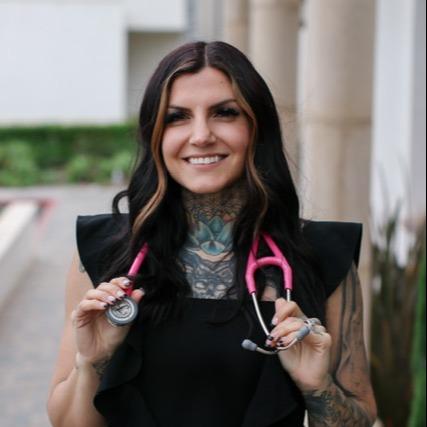

Founded
Occupancy
Accreditation
Who We Treat
Specializations
Levels of Care
About Huntington Beach Mental Health
At Huntington Mental Health Facility, our mission is to provide compassionate and comprehensive mental health services to empower individuals on their journey towards well-being and recovery. We are committed to fostering a community of healing, hope, and resilience by offering a range of evidence-based treatments and support systems tailored to meet the unique needs of each person we serve.
Accepted Insurances
Treatment
Staff

Nick Risse is a dedicated professional in the field of substance abuse and mental health rehabilitation, with a profound commitment to transforming lives. Since 2014, Nick has been actively engaged in providing support and guidance to individuals struggling with addiction and mental health challenges, drawing from his own journey to sobriety as a source of empathy and understanding.
Nick Risse
CEO

Chiara Risse
Registered Nurse

